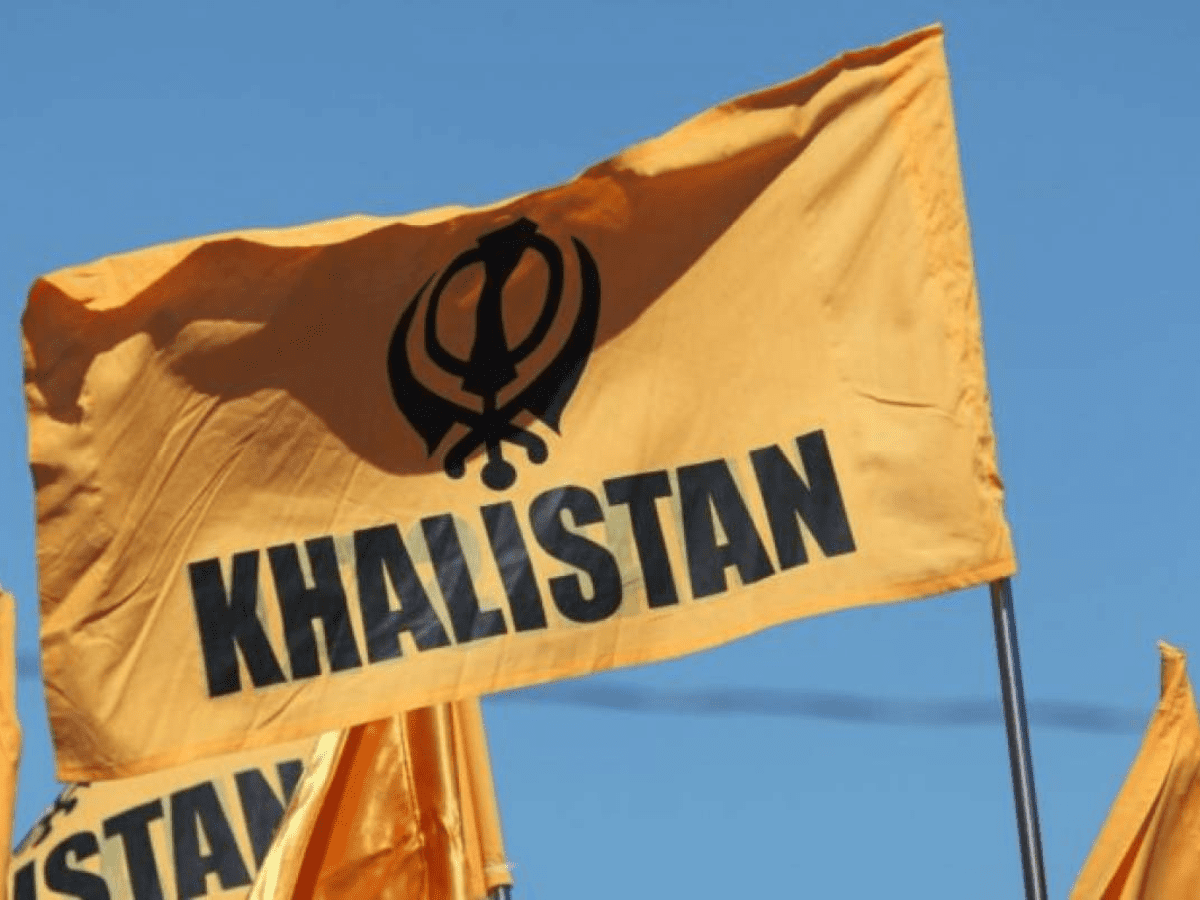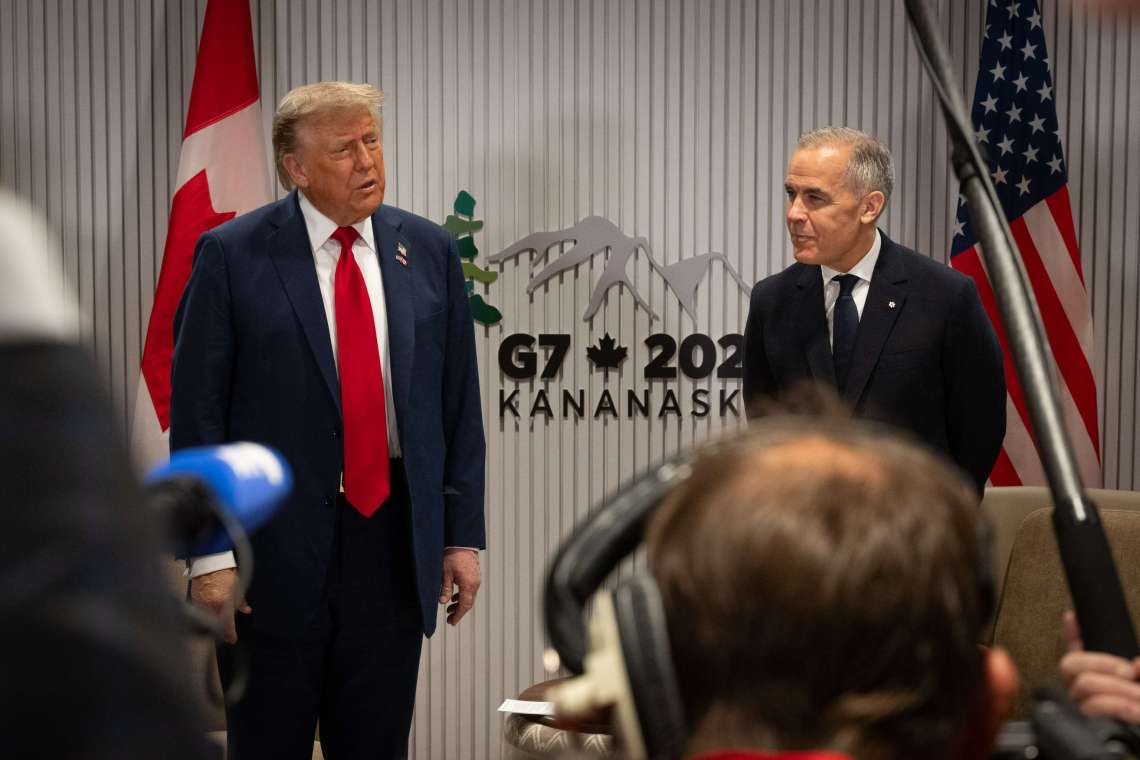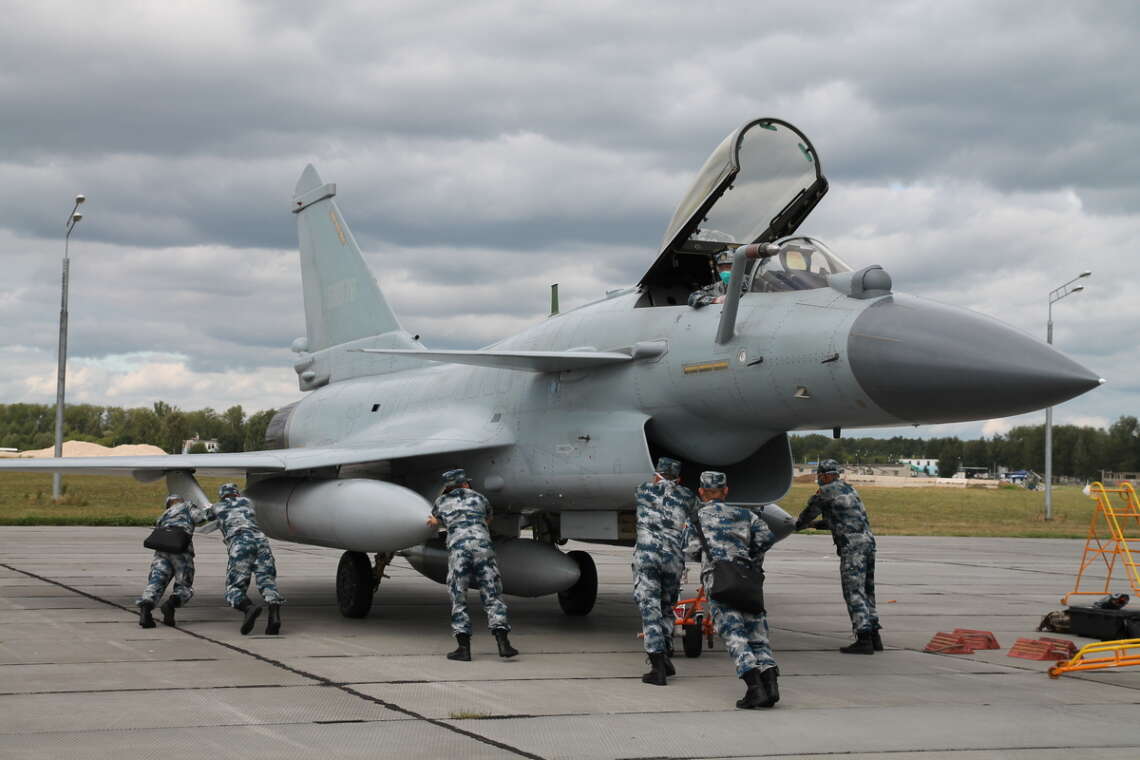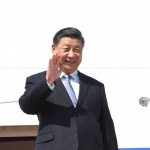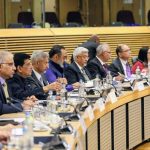Modi’s acceptance of the G7 invitation, and his remarks about engaging Canada “with renewed vigour,” reflect India’s readiness to move past the impasse—if Canada does its part….writes Parminder Singh Sodhi
As Prime Minister Narendra Modi prepares to attend the G7 Summit in Kananaskis, Alberta, this June, the event marks not only a step forward in international diplomacy but also a pivotal opportunity to heal the fractured relationship between India and Canada. However, standing in the way of this much-needed diplomatic reset are the persistent efforts of Khalistan extremists, whose activities have long acted as a corrosive force on the ties between the two nations.

Extremism Over Engagement
Khalistan activists in Canada have repeatedly shown that their goal is not peaceful advocacy but disruption. From orchestrating violent protests outside Hindu places of worship to organizing so-called “referendums” for a separatist state, these extremists have thrived on creating division. Their actions have nothing to do with the welfare of Canadians or Indian expatriates. Instead, they thrive on agitation and seek to derail any attempt at cooperation between Ottawa and New Delhi.
These groups have made headlines not for meaningful contributions to society, but for promoting fear, disrupting harmony within the Indo-Canadian community, and hijacking Canada’s foreign policy discourse. In doing so, they not only endanger communal peace but actively obstruct broader national interests, including economic growth and geopolitical collaboration.
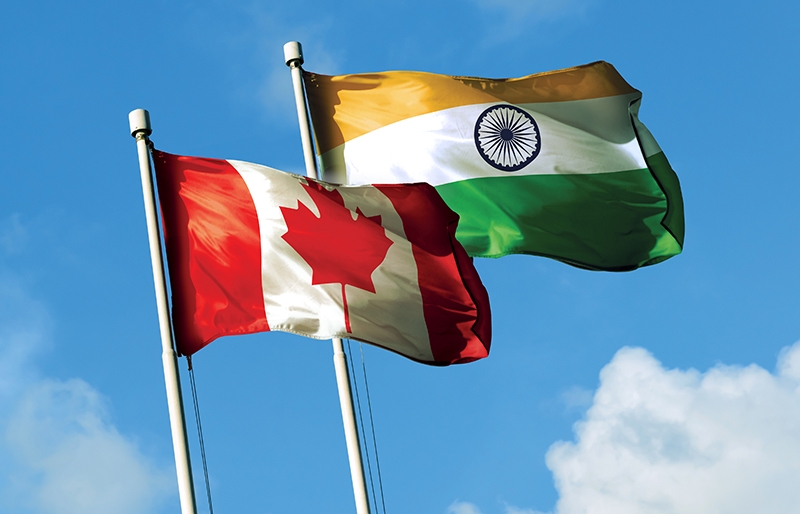
The Price of Political Complacency
Much of the deterioration in India-Canada ties under the previous Trudeau administration stemmed from a disturbing trend: political pandering to extremist fringes. The Trudeau government’s reluctance to act decisively against Khalistan sympathizers—despite repeated warnings from Indian authorities—was widely perceived as a move to secure domestic votes at the expense of international trust.
This approach backfired dramatically. Allegations surrounding the killing of pro-Khalistan figure Hardeep Singh Nijjar triggered a diplomatic standoff, with both countries expelling senior diplomats and halting visa services. Trade discussions stalled, security dialogues froze, and mutual suspicion replaced collaboration.
It became increasingly clear that giving political space to extremist ideologies does not just damage bilateral relations—it cripples a country’s ability to pursue a coherent and responsible foreign policy.
A Diplomatic Reboot
Thankfully, Canada now has a new chance to change course. The election of Prime Minister Mark Carney has opened the door to renewed dialogue and cooperation. Modi’s acceptance of the G7 invitation, and his remarks about engaging Canada “with renewed vigour,” reflect India’s readiness to move past the impasse—if Canada does its part.
Leaders in the new Canadian government, such as lawmaker Dallas Brodie, have already signaled a firmer stance against Khalistan extremism, acknowledging its dangerous influence on Canadian society. This new tone from Ottawa suggests a willingness to address the root causes of past tensions rather than continuing the politics of appeasement.
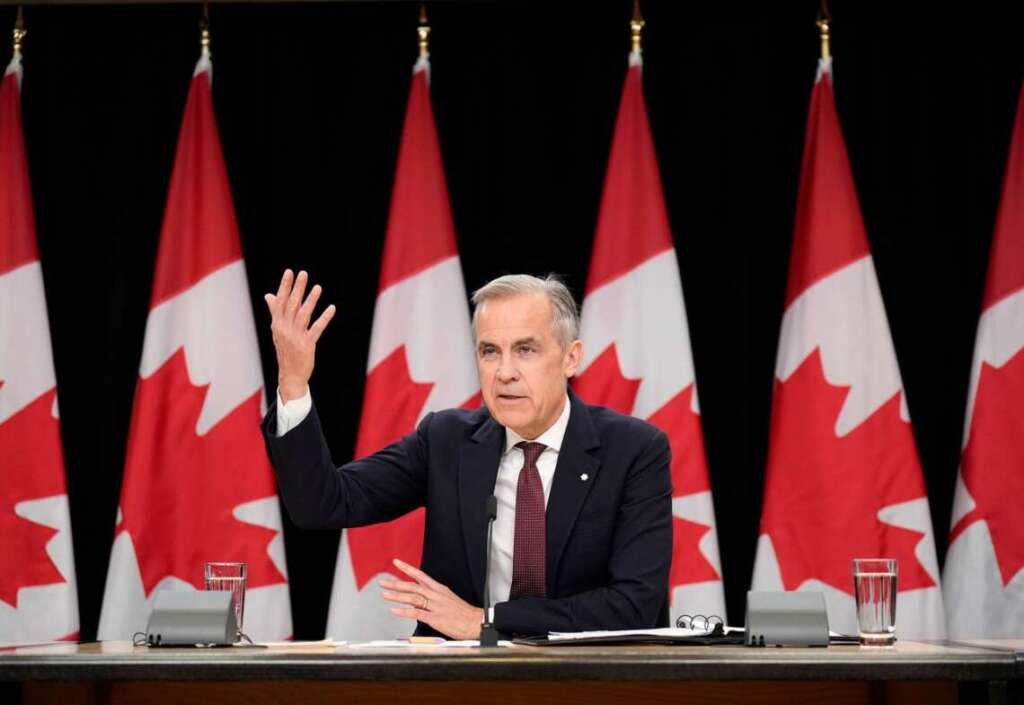
Trade and Trust at Stake
At a time when both nations stand to gain immensely from stronger economic and strategic ties, Khalistan extremists are working in direct opposition to national interests. India is Canada’s 10th largest trading partner, and over 1.8 million people of Indian origin contribute significantly to Canadian society. More than 400,000 Indian students are enrolled in Canadian institutions. The potential for growth—in education, technology, energy, and global supply chains—is enormous.
Yet none of this progress can be fully realized while a vocal and disruptive minority continues to dictate headlines and sway political decisions. The international community, too, is watching. How Canada chooses to confront this challenge will signal whether it prioritizes partnership and peace—or remains vulnerable to divisive domestic pressures.
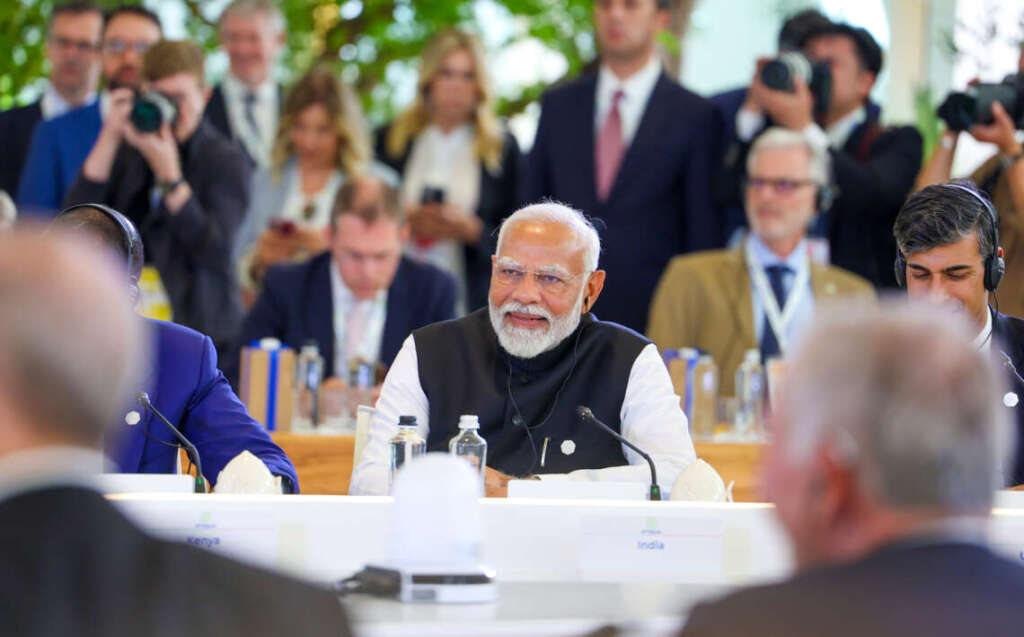
The Road Ahead
The G7 summit could become a turning point in the India-Canada relationship. But it will also serve as a litmus test for how democracies handle internal extremism in the face of larger global responsibilities. The lesson is clear: when extremists are given a platform, national agendas suffer. When they are confronted with clarity and conviction, nations thrive.
Prime Minister Modi’s visit is not just about multilateral diplomacy; it’s a chance for Canada to demonstrate that it is ready to be a serious partner on the world stage—one that values progress over pandering and unity over unrest.
The time to choose is now. Will Canada allow a few fringe voices to drown out the promise of a renewed partnership? Or will it stand firm against extremism and take its place as a reliable ally and global player? The world, and especially India, will be watching.


